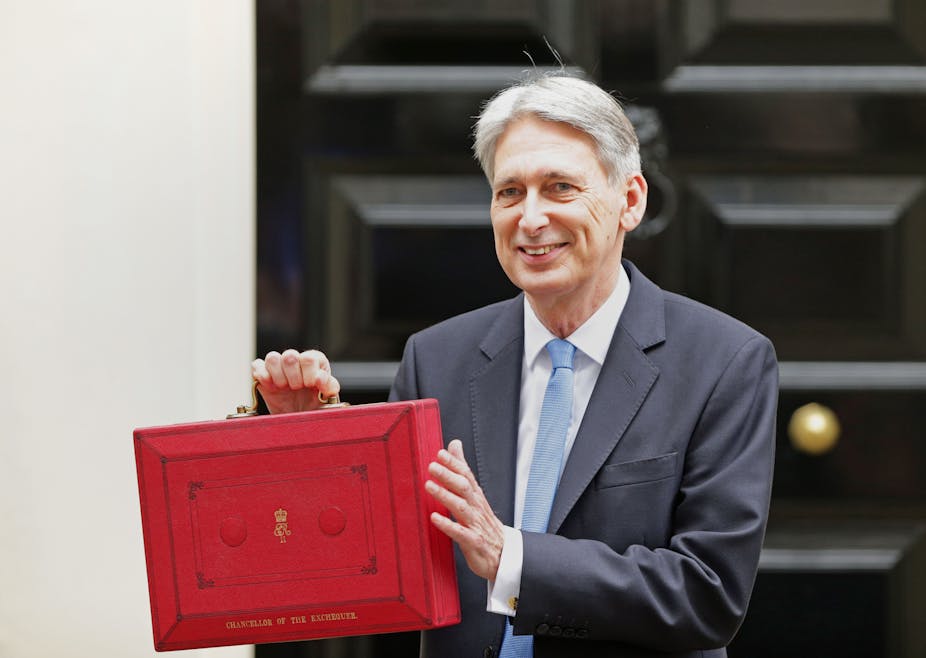How likely is a new EU referendum, a “people’s vote”? Public support seems to be growing, and although some claim that time has already run out, the Article 50 deadline is extendable and alleged barriers such as Electoral Commission question-testing, are more about funding.
The real obstacle is how parliament forces a referendum on a reluctant government. The UK government controls the agenda of the House of Commons, and so supporters of a new referendum need to amend a government bill relevant to Brexit. Crossbench peer John Kerr points out that since the European Union (Withdrawal) Act 2018 says that the government may not ratify a withdrawal agreement unless parliament has passed an implementation bill, such an opportunity should arise.
But there is a problem. The 2018 act imposes another condition. The government must also win a House of Commons vote on a resolution approving the withdrawal agreement and framework for future relations with the EU. If the resolution fails, the implementation bill becomes pointless and the government will presumably withdraw it. Amending the resolution to require a referendum will not work. A referendum requires a bill. The house cannot force a government to proceed with a bill, and no other Brexit-related bills are on offer.

Referendum supporters hope to negotiate around this problem by offering the government a deal: support for the resolution in exchange for a referendum. But this strategy is flawed. It assumes that given a choice between no deal and a referendum, the government would choose a referendum. But what if the government chooses no deal? This is not just a theoretical possibility. The prime minister said in Birmingham: “Leaving without a deal would be … tough at first, but the resilience and ingenuity of the British people would see us through.” She claimed that a second referendum would threaten “faith in our democracy”. If ministers really believe no deal is tolerable but a new referendum would be disastrous, they are unlikely to go for another vote.
The government doesn’t need new legislation for a no-deal Brexit. The 2018 act already grants the necessary powers. The so-called “meaningful vote” merely requires the government to make statements and arrange debates with no legal effect.
Some call for a general election (which against an unwilling government needs a no-confidence vote). But an election will not help referendum supporters. The problem is that they need the votes of Labour MPs, either in defiance of their party’s leadership or through a change in the leadership’s policy. A general election makes both unlikely.
All eyes on budget day
So, what can referendum supporters do? Here is one possibility.
On budget day (this year October 29), the chancellor needs the House of Commons to pass resolutions under the Provisional Collection of Taxes Act to give his tax changes temporary legal force. To maintain that temporary legal force, the government has 30 sitting days to obtain the second reading of a finance bill, at which point temporary authority stretches to seven months.
The mechanism works not only for tax changes but also for the very existence of income tax and corporation tax. These taxes are still annual, meaning authority to levy them runs out every year. Finance acts therefore always include their re-authorisation, which must take effect before their temporary authorisation expires.
How is this relevant to a referendum? The answer lies in the principle of “grievance before supply”. The House of Commons is entitled to delay taxation bills when the Crown has not adequately addressed its grievances. The principle is old. In 1621, for example, the House of Commons deliberately stalled a taxation bill to squeeze concessions from the King about freedom of speech. Admittedly, the Commons itself decides, by majority, what counts as a grievance, and when it votes for a finance bill, by that very act it sets aside outstanding grievances. But where a majority insists, the principle still applies.
Acting on a grievance
Two possibilities arise. MPs could move an amendment to the motion to give the Finance Bill a second reading saying that it must not be further considered until one of their grievances had been redressed – namely the grievance that a referendum had not been arranged. They could also add clauses to the bill at committee stage, making re-authorisation conditional on a referendum.
In either case, the government would face financial meltdown. Annual taxes, according to unpublished research by Will Bateman, account for 35% of tax revenues (or around £5bn a week). The government’s choices would be limited: concede a referendum or resign. Ministers might briefly ponder sitting tight until exit day (one week before the end of the tax year), hoping the Commons might relent once remaining became impossible. But in the meantime, financial markets would react badly. The idea, possibly a convention, that governments incapable of obtaining supply should resign is ultimately based on the brutal realities of the bond markets.
Resignation would not itself trigger an election. A new government would emerge. But no incoming government (whether Labour or a multifarious coalition) could command the confidence of the house without supporting a referendum. And so, new government or not, a new referendum would follow.
Whether this happens depends on politics, not law. But if MPs want a referendum, they can make it happen.

